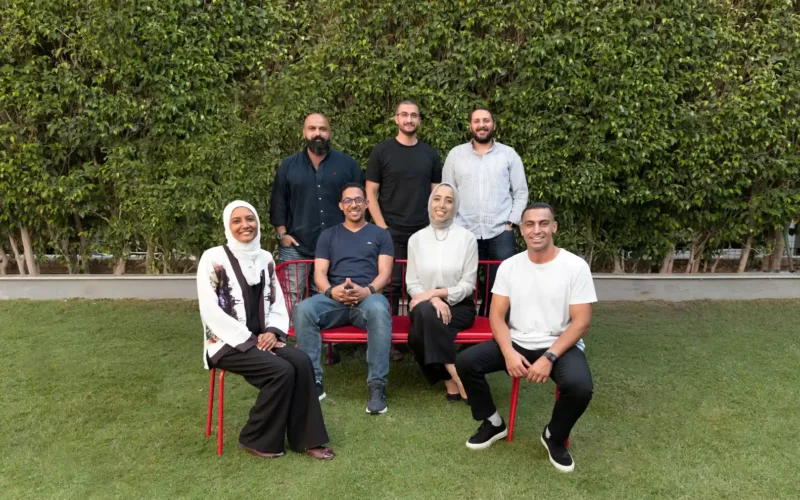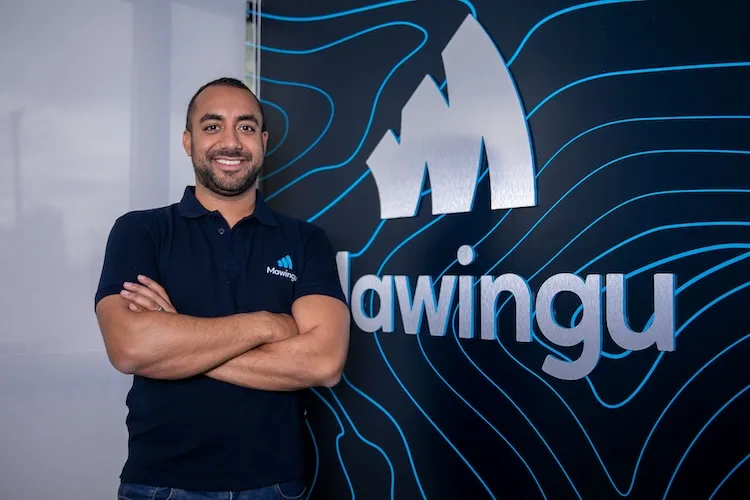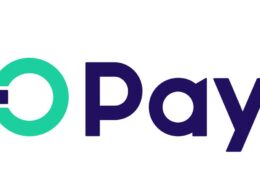Tagaddod, the tech-powered renewable feedstocks platform operating across Africa, Asia, and Europe, is proud to announce the successful close of its $26.3 million Series A funding round, led by The Arab Energy Fund (TAEF), a leading multilateral impact financial institution focused on sustainable energy and regional energy security, with notable participation from FMO, VKAV, and A15.
This major investment marks a key milestone in Tagaddod’s mission to become a global leader in the supply of renewable, traceable, and sustainable feedstocks; including Used Cooking Oil (UCO), Acid Oils, and Animal Fats, to the rapidly growing biofuels and Sustainable Aviation Fuel (SAF) industries.
Digitising waste. Enabling biofuels. At scale.
Tagaddod has developed a proprietary, tech-powered platform that collects, aggregates, and traces renewable waste-based feedstocks from thousands of suppliers, including households, restaurants, food manufacturers, and collectors across its operating markets. With regional hubs in Egypt, Jordan, and the Netherlands, and a growing footprint in Saudi Arabia and other key markets, the company plays a crucial role in enabling sustainable supply chains for global off-takers and refineries.
With this round, Tagaddod will:
- Accelerate its regional expansion across existing and new markets in Africa, Asia, and Europe.
- Enhance its technology stack, including AI-powered logistics optimisation, predictive analytics, and automated traceability systems.
- Increase operational capacity, building infrastructure and partnerships to support larger volumes of certified, export-grade renewable feedstocks.
- Lay the foundations for long-term leadership in the global SAF and biofuels ecosystem.
“This is more than just a funding milestone — it’s a strategic partnership that empowers us to take bold steps toward building the infra structure, technology, and supply chains needed to support a cleaner energy future,”said Nour El Assal, Co-Founder and CEO of Tagaddod. “TAEF’s regional reach and commitment to sustainable development make them an ideal partner as we scale.”
Backing from Long-Term Partners
In addition to TAEF‘s investment, the round was supported by Tagaddod’s existing investors:
- FMO (the Dutch entrepreneurial development bank).
- VKAV (Verod-Kepple Africa Ventures), a leading pan-African VC.
- A15 Ventures, a MENA-based venture capital firm known for backing high-impact startups.
- Re-investment from early investors.
“We are backed by partners who share our belief that renewable feedstocks are at the core of the global energy transition,” said Ahmed ElFarnawany, CFO of Tagaddod. “This capital is not here to burn — it’s here to scale. Our focus is profitability, execution and building a business that delivers long-term value.”
Strengthening Global Biofuel Supply Chains
The global demand for biofuels and Sustainable Aviation Fuel (SAF) is accelerating; driven by climate regulations, airline mandates, and decarbonisation targets. Feedstock availability is becoming a critical
bottleneck for sustainable fuel growth, and Tagaddod is uniquely positioned to solve this challenge.
By combining ground-level sourcing with technology and compliance infrastructure, Tagaddod bridges fragmented waste supply networks with large-scale industrial demand.
“This is a compelling opportunity to support a founder-led company operating in a mission-critical and underserved segment,” said Maheur Mouradi, Chief Investment Officer of The Arab Energy Fund. “Tagaddod’s platform reflects our commitment to backing scalable, sustainable infrastructure that accelerates the region’s transition to alternative energy, resource efficiency, and circular economic models, including our long-term goal of leadership in the biofuels space.”
Looking Ahead
With this new capital, Tagaddod will deepen its presence in current markets, expand into new territories, and invest in the people, processes, and partnerships that position the company as a long-term player in the global clean energy ecosystem.
The company will also continue to lead in the development of digital tools that increase traceability, ensure compliance with international sustainability certifications, and bring visibility and efficiency to traditionally informal supply chains.












